Ivermectin 3: The Wonder Drug for treating parasite infections
Ivermectin 3 is a wonder drug when it comes to treating parasitic infections. It has been in use since the early 1980s, and has become one of the most widely used drugs in the world for the prevention and treatment of parasites.
Ivermectin 3 can be used to treat a variety of parasitic infections, from roundworms to scabies, and has been proven to be both safe and effective. In this blog post, we’ll discuss the benefits of using Ivermectin 3, how to use it, what to avoid, its uses, side effects, interactions and precautions.
What is Ivermectin 3?
Ivermectin 3 is an anti-parasitic medication used to treat and prevent a variety of different parasitic infections. It is a type of ivermectin, a class of drugs that is derived from a group of naturally occurring compounds found in soil bacteria. Ivermectin 3 is the most commonly used form of the drug and is used to treat parasites like roundworms, mites, and lice.
It works by killing the parasites and preventing them from reproducing. It is available in oral, topical, and injectable forms, as well as some other specialized formulations. Ivermectin 3 has been proven to be effective at treating a wide range of parasites and is generally well tolerated with few side effects.
How does it work?
Ivermectin 3 is an anti-parasitic medication used to treat and prevent a range of parasitic infections. It works by killing parasites that live inside the body, such as roundworms and other types of worms. It works by interfering with the neurotransmitter gamma-aminobutyric acid (GABA), which is important for nervous system functioning in both humans and parasites.
By blocking the transmission of GABA signals, ivermectin 3 is able to paralyze and kill the parasites. It is highly effective against a wide range of parasites and is used to treat a variety of parasitic infections in both humans and animals. In addition to its anti-parasitic effects, it has also been used in treating certain skin conditions caused by parasites.
What are the benefits?
Ivermectin 3 is an incredibly useful drug when it comes to treating parasites. It is commonly used to treat a variety of conditions, including lice, scabies, rosacea, and even river blindness. It works by paralyzing and killing the parasites. This makes it an effective treatment for many conditions caused by these pests.
One of the most significant benefits of Ivermectin 3 is its wide range of effectiveness against parasites. It is effective against many types of parasites, including roundworms, hookworms, whipworms, heartworms, and other intestinal worms. Additionally, Ivermectin 3 has been found to be effective against fleas, ticks, mites, and some flying insects.
It can also be used to treat certain types of fungal infections, such as ringworm and athlete’s foot.
The effectiveness of Ivermectin 3 is further enhanced by its low rate of side effects. Unlike other anti-parasite medications, Ivermectin 3 has a low rate of toxicity and generally produces few to no side effects. Additionally, it is safe for use in children and adults alike.
Overall, Ivermectin 3 offers an effective and safe option for treating a variety of parasite-related conditions. It is widely used in veterinary medicine, as well as in human medicine, and is known for its high success rate in eradicating parasites.
How do I use it?
Ivermectin 3 is a prescription medication that comes in a tablet form. It is typically taken orally, with or without food, once every 24 hours for up to three days.
For treatment of strongyloidiasis, Ivermectin 3 may be prescribed as one dose or as two doses given 12 hours apart. Depending on the type of infection, your doctor may prescribe more than three days of treatment.
If you miss a dose of Ivermectin 3, take it as soon as you remember. If it is almost time for your next dose, skip the missed dose and continue with your regular schedule. Do not take a double dose to make up for a missed one.
When using Ivermectin 3, it is important to follow the directions given by your doctor. Do not exceed the recommended dose or take it for longer than instructed. Doing so may increase the risk of side effects.
Also, keep in mind that Ivermectin 3 may interact with other medications, so make sure to tell your doctor about any other medications you are taking before starting this medication.
What should I avoid while using it?
It is important to avoid using Ivermectin 3 in conjunction with certain other medications. Make sure you consult with your doctor about any medications, supplements, or herbal remedies you are taking before using Ivermectin 3. Additionally, do not use Ivermectin 3 if you are pregnant, nursing, or planning to become pregnant.
It is important to avoid using Ivermectin 3 on any areas of skin that have wounds, cuts, abrasions, eczema, or any other type of irritation. Additionally, it is important to avoid contact between Ivermectin 3 and your eyes, nose, mouth, or genitals. Do not swallow the medication or apply it directly to the mucous membranes.
Ivermectin 3 should not be used to treat an animal’s parasite infection. It should only be used as a topical treatment for humans.
Finally, it is important to store Ivermectin 3 out of reach of children and pets. Keep it in a safe place and away from heat and moisture.
Are there any side effects?
Yes, there are some possible side effects associated with the use of Ivermectin 3. These can include headaches, dizziness, tiredness, nausea, and abdominal pain. Additionally, some people may experience an itchy skin rash or a burning sensation.
It is also important to note that rare but serious side effects may occur including severe allergic reactions, difficulty breathing, chest tightness, and swelling of the mouth, face, lips, or tongue.
It is important to note that these side effects may not occur in all cases and are usually mild and go away on their own.
However, if any of these side effects become bothersome or more severe, contact your doctor or healthcare provider immediately. In addition, make sure to always read the label of the medication to make sure you understand the possible side effects.
What are the interactions and precautions?
When taking Ivermectin 3, it is important to be aware of potential interactions and precautions. This medication may interact with other medications and supplements, so it is important to always talk to your doctor or pharmacist before taking Ivermectin 3. It is also important to take this medication exactly as prescribed by your doctor.
Ivermectin 3 may interact with other medications, such as antifungals, antibiotics, anti-malarials, antihistamines, antidepressants, anti-psychotics, and anti-epileptics. It is also possible for Ivermectin 3 to interact with certain herbal supplements and vitamins.
Pregnant women should not take Ivermectin 3. It is also important to avoid alcohol while taking this medication as it can increase the risk of side effects. People with existing health conditions, such as liver disease, should consult their doctor before taking this medication.
People who are allergic to ivermectin should also avoid this medication. People with a history of seizures should be cautious when taking Ivermectin 3 as it may increase the risk of seizures.

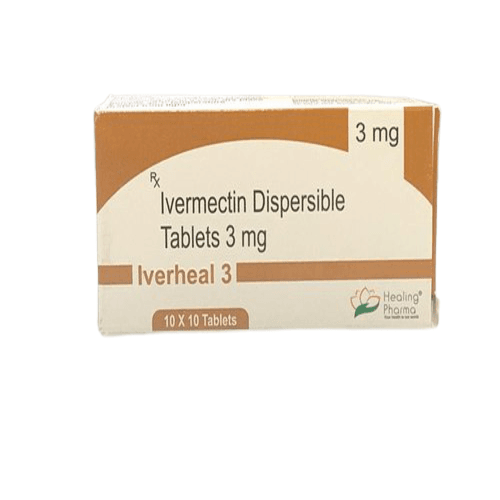
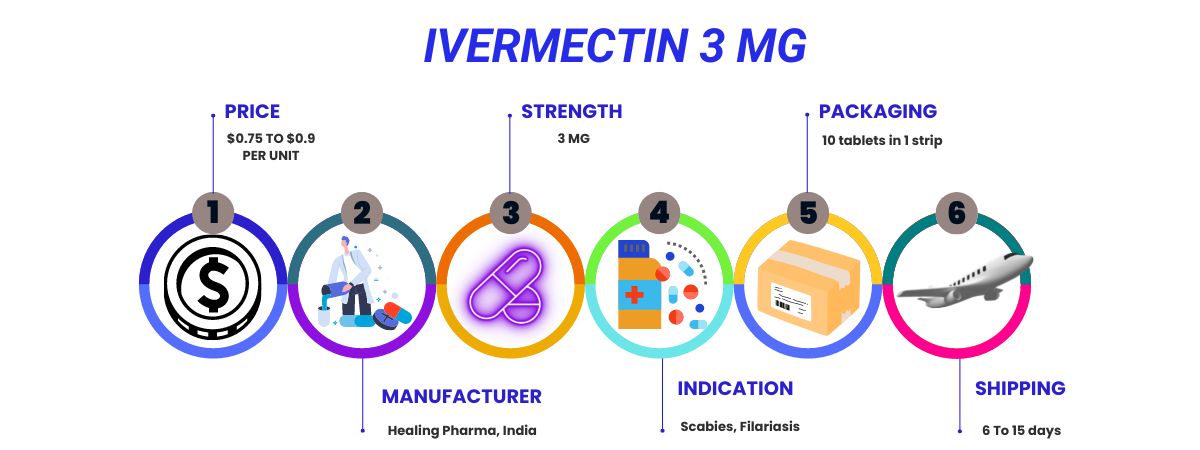
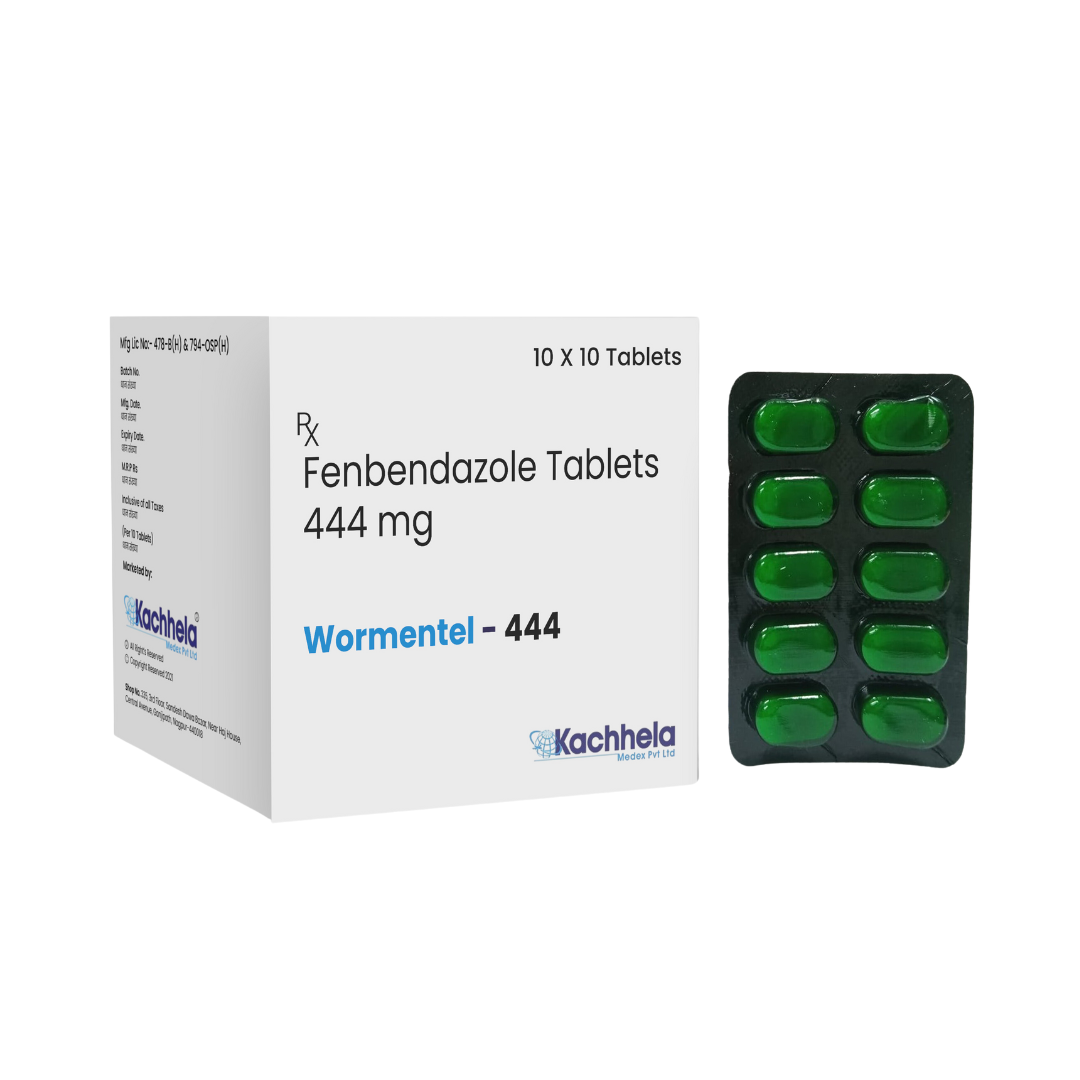
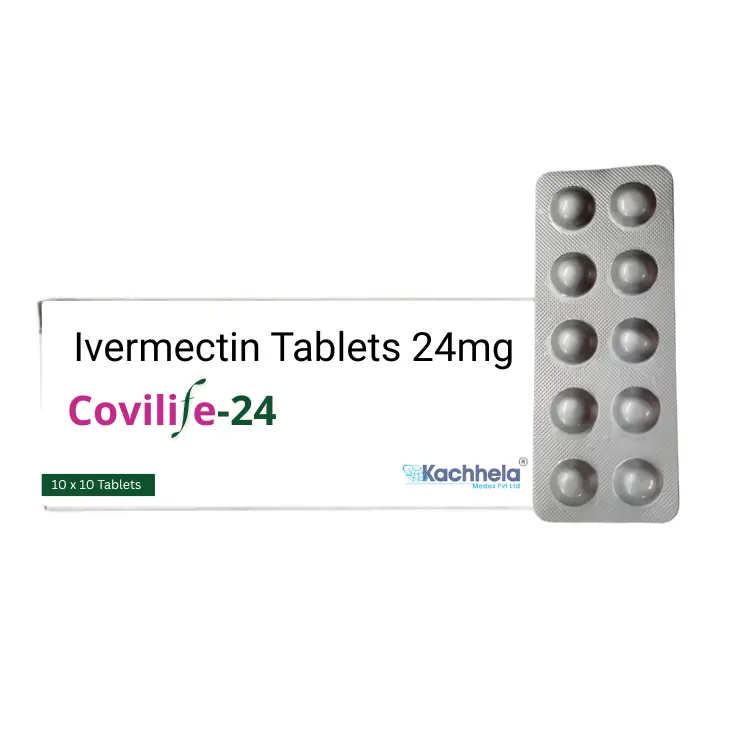
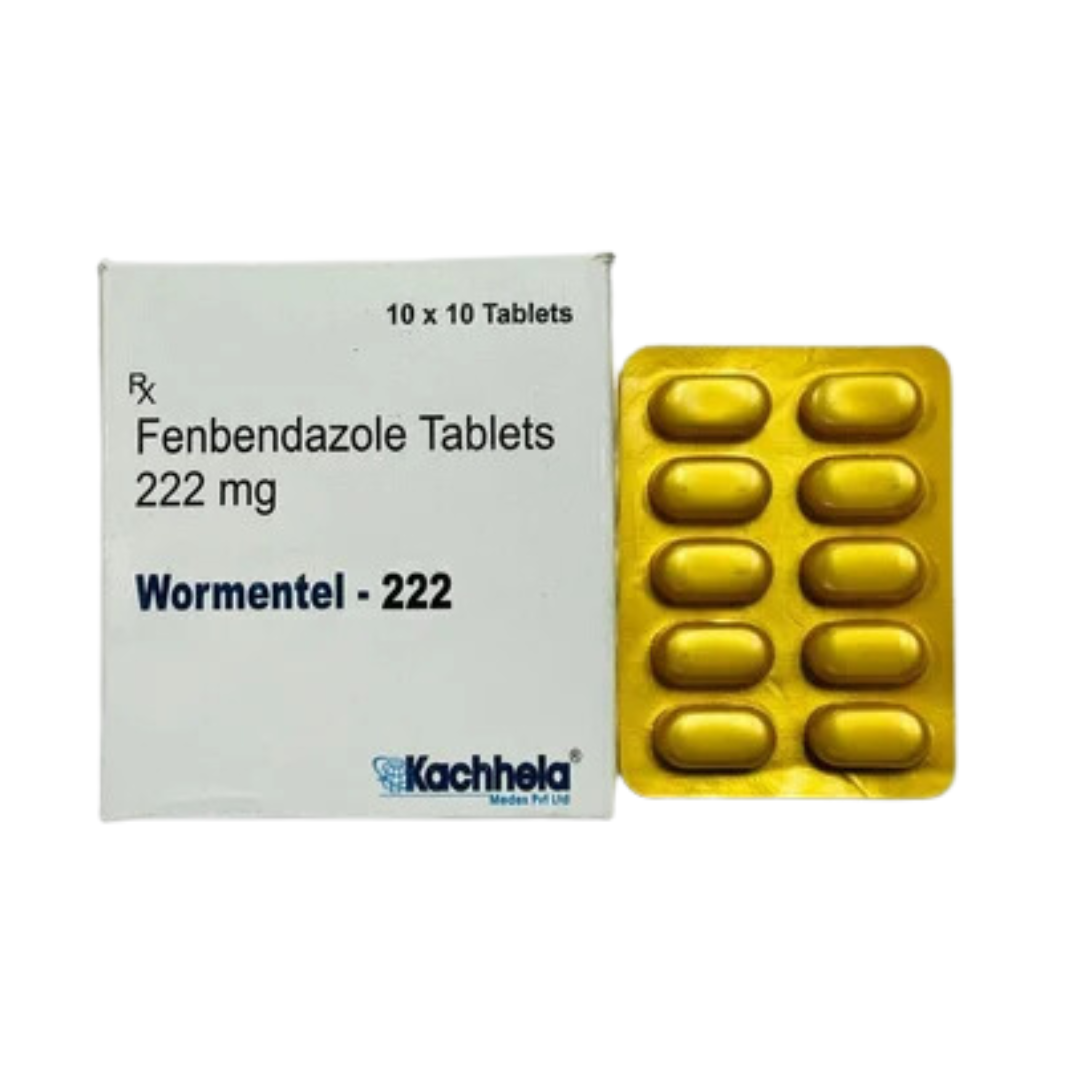
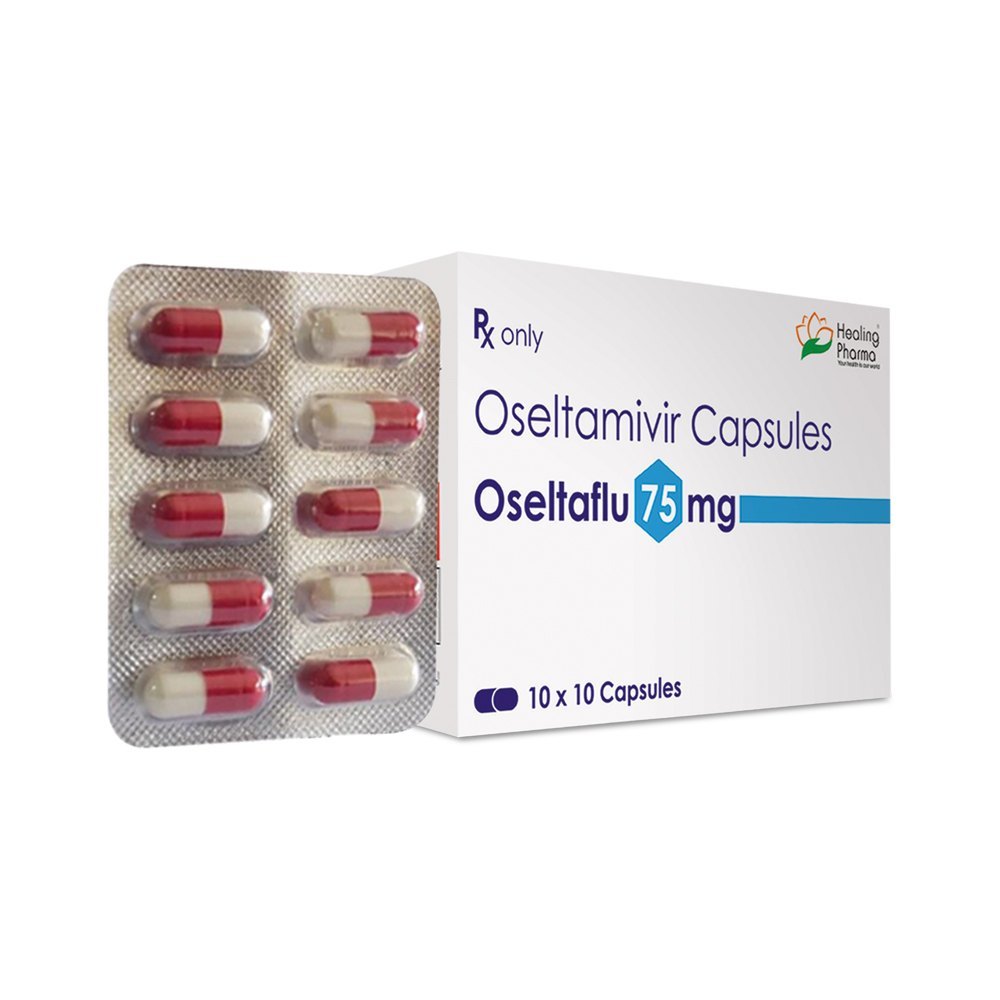


Reviews
There are no reviews yet.